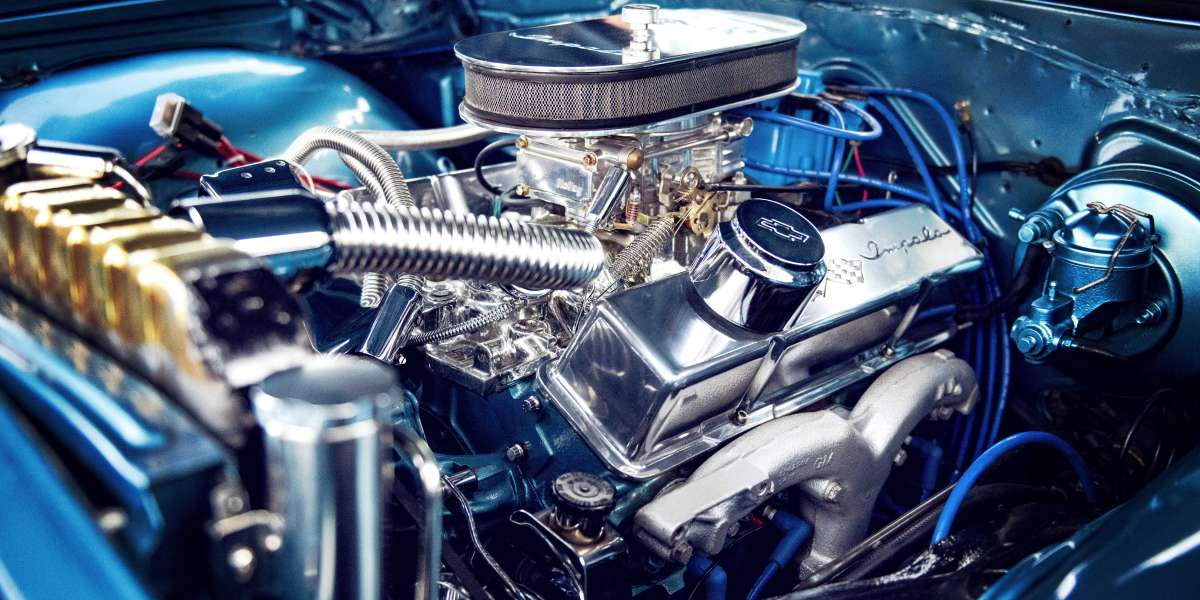As a poultry enthusiast, you understand the importance of providing your flock with the best care possible. One key aspect of this care is ensuring that your birds have easy access to food and water through efficient feeders. When it comes to choosing a poultry feeder, you may find yourself weighing the benefits of DIY (do-it-yourself) options against store-bought alternatives. This article will explore the advantages and disadvantages of each option, helping you make an informed decision that best suits your needs. Additionally, we will touch on the role of an egg incubator in your poultry endeavors, ensuring that you have a comprehensive understanding of your poultry care options.
The Importance of Quality Feeders
Before diving into the debate of DIY vs. store-bought feeders, it's crucial to understand why high-quality feeders are essential for your chickens and other poultry. A good feeder not only ensures that your birds have consistent access to food but also minimizes waste and prevents contamination. Proper feeders can contribute significantly to the overall health and productivity of your flock.
Key Benefits of Quality Feeders
- Healthier Birds: Clean, easily accessible food reduces the chances of disease spread among your flock. Contaminated feed can lead to various health issues, making a reliable feeder critical.
- Less Waste: Quality feeders can minimize the amount of feed that ends up on the ground, reducing waste and saving you money in the long run.
- Convenience: A well-designed feeder makes feeding time easier, allowing you to spend more time enjoying your poultry rather than managing feeding logistics.
DIY Poultry Feeders
DIY poultry feeders can be an attractive option for many poultry owners. Here are some benefits and drawbacks to consider:
Advantages of DIY Poultry Feeders
- Cost-Effective: Creating your own poultry feeder can significantly reduce costs compared to purchasing a commercial product. You can often repurpose materials you already have around your home.
- Customization: Building your own feeder allows you to tailor the design to your specific needs. You can create a feeder that accommodates the size of your flock, the type of feed you use, and even your available space.
- Creative Outlet: DIY projects can be a fun way to engage with your hobby. You can use your creativity to design a feeder that reflects your personal style or your farm's aesthetic.
- Educational Experience: Constructing a DIY feeder can help you understand the feeding habits of your poultry better. You may find yourself learning about the specific needs of your birds as you work on your project.
Disadvantages of DIY Poultry Feeders
- Time-Consuming: Building a feeder from scratch can be time-consuming, especially if you're not familiar with the necessary tools and techniques.
- Durability Concerns: Depending on the materials used, DIY feeders may not be as durable as store-bought options. Weather conditions can take a toll on homemade feeders, potentially leading to repairs or replacements.
- Maintenance: Homemade feeders may require more maintenance than their store-bought counterparts. Without proper design, they can become susceptible to rot or damage.
- Potential for Inefficiency: If not designed properly, DIY feeders might not work as efficiently as store-bought models, leading to waste and frustration.
Store-Bought Poultry Feeders
Store-bought poultry feeders are readily available and come in various designs and sizes. Here’s a breakdown of their advantages and disadvantages:
Advantages of Store-Bought Poultry Feeders
- Reliability: Store-bought feeders are often designed with efficiency in mind, ensuring that they effectively meet the needs of your flock while minimizing waste.
- Time-Saving: Purchasing a ready-made feeder saves you the time and effort of building your own. This is particularly beneficial for busy poultry owners who may not have the time for DIY projects.
- Durability: Many commercial feeders are made from high-quality, weather-resistant materials that can withstand the elements and provide long-term use.
- Variety: There is a wide range of options available for store-bought feeders, including those designed specifically for certain types of poultry or feeding styles, such as a chicken feeder that minimizes waste or a feeder that accommodates larger birds.
- Ease of Maintenance: Many store-bought feeders are designed for easy cleaning and maintenance, allowing you to focus more on your flock and less on managing equipment.
Disadvantages of Store-Bought Poultry Feeders
- Cost: High-quality store-bought feeders can be expensive. If you're on a tight budget, this might be a significant drawback.
- Less Customization: While many options are available, you may not find a store-bought feeder that meets your specific needs as precisely as a custom-built feeder.
- Environmental Impact: Purchasing commercial products contributes to manufacturing waste and may not be as environmentally friendly as creating something from recycled materials.
Making Your Decision
When deciding between DIY and store-bought poultry feeders, consider the following factors:
- Budget
Assess your budget and determine how much you are willing to spend on feeders. If you're looking to save money, DIY options may be the best route. However, remember to account for the potential cost of materials, tools, and your time.
- Time and Effort
Evaluate how much time and effort you can dedicate to building your own feeders. If you’re short on time or unsure about your building skills, a store-bought option may be more suitable.
- Flock Size and Type
Consider the size and type of your flock. If you have a larger group of chickens, investing in high-quality store-bought feeders may be worthwhile. On the other hand, if you have a small flock and enjoy DIY projects, building your own could be a rewarding experience.
- Personal Preference
Ultimately, the choice between DIY and store-bought feeders may come down to personal preference. If you enjoy hands-on projects and feel confident in your building skills, creating your own feeder can be a fulfilling endeavor. If you prefer convenience and reliability, store-bought options may be the way to go.
Conclusion
Both DIY poultry feeders and store-bought options have their advantages and disadvantages, and the best choice depends on your individual needs, preferences, and circumstances. If you value cost-effectiveness and customization, a DIY feeder might be the ideal solution. Conversely, if you prioritize durability, reliability, and time savings, investing in a store-bought poultry feeder is a wise choice.
As you consider your poultry care strategies, don't forget the role of an egg incubator in your poultry operation. An incubator can significantly enhance your ability to hatch and raise new chicks, complementing your feeding strategy. Ultimately, a well-rounded approach to poultry care, which includes proper feeders, watering systems, and incubation techniques, will lead to a thriving and productive flock.
By weighing your options carefully, you can make a decision that supports the health and well-being of your poultry while also fitting your lifestyle and preferences. Happy poultry raising.






